I never expected to get my first journalism job five months after leaving secondary school, nor did I think I’d play a part soon after in covering the largest Conservative general election defeat in history.
When I first heard I would be reporting from the Moray West, Nairn and Strathspey election count with my colleague David Mackay, I couldn’t wait to get involved.
I’ve been interested in politics for a few years now, and to see democracy in action within the area where I was born and grew up seemed like an opportunity not to be missed.
However, when it dawned on me that I was covering the vote at 17 years old and I couldn’t even have a say in it myself, it did feel a bit surreal.
So, with a bag full of snacks and energy drinks to keep me awake, I headed to Elgin Town Hall for the count.
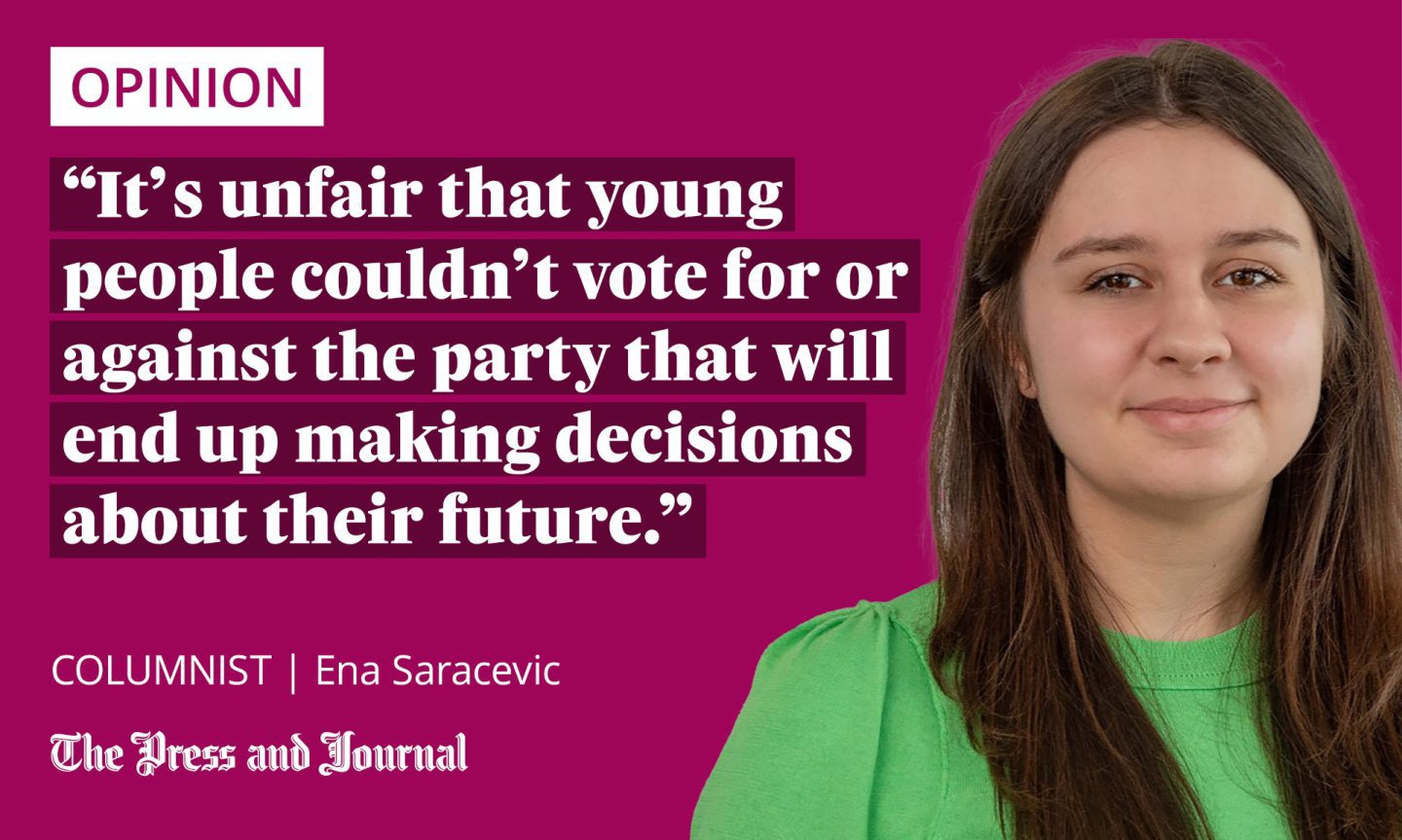
I was already familiar with most members of press in the media room, but I also met a young reporter who was working for Sky News. She was a student reporting the results and, with this election being a first for both of us, our mutual lack of experience regarding some aspects of the ballot-counting process was comforting.
Looking at all the ballot papers as they began to flood in, it really did feel odd that I never had the opportunity to cast a vote and that my ballot wouldn’t be in any of the piles. Of course, if it were a Scottish election, I would have been able to vote.
One reporter even joked that my coverage would be “totally impartial” due to my inability to vote.
Young people deserve a say
My interest in politics started during secondary school, fuelled by supportive modern studies teachers who gave me whichever political theory books they could get their hands on.
I have now interviewed and scrutinised three prominent Scottish leaders of political parties: John Swinney, Anas Sarwar and Douglas Ross. I reported on this year’s Scottish Labour conference, and had the opportunity to interview party members.
OK, many people my age won’t be as invested in politics as me – but that’s not the point.
I know people who haven’t yet turned 18 but are entering the Royal Air Force, joining the police, and many who are about to start university in the hopes of working in the NHS.
The outcome of the general election will have a major impact on all of their lives, especially as they start to go into further education and employment. It’s unfair that these young people couldn’t vote for or against the party that will end up making decisions about their future.
When people say lowering the voting age wouldn’t be effective as voter turnout amongst young people would remain low, I don’t agree. After the 2014 Scottish independence referendum, 75% of 17 and 18-year-olds asked by the Electoral Commission said they voted. A massive 97% of these young people said they would vote in future elections.
The last few hours were tense
When my colleague David said there would be a lot of waiting around at the count, I was optimistic and thought time would fly by. However, after being sat in the media room for seven hours and still waiting for a result, I started to believe him.
Looking around the hall and trying to get an overall idea of the age demographic, I was sure there was a large possibility I was the only person there who hadn’t been allowed to vote.
And, looking at the piles of ballots, I saw just how close the race was between Conservative candidate Kathleen Robertson and SNP candidate Graham Leadbitter.
From previous polling, I was convinced it would be an SNP victory – but, judging by the height of both of their stacks of ballots, it was impossible to tell.
Talks of a recount
The ambiguity of when the results would be announced furthered the tension in the room, and I was already trying to remain awake by 5.30am.
There were some talks of a recount, which was looking likely for a while, before all the candidates took to the stage.
When Graham Leadbitter was announced as the winner, I was quite surprised – not because I thought he would lose, but because I was convinced we’d have to stay there for a few more hours for a recount.
Labour’s manifesto says it plans to extend the vote to 16-year-olds – it will be interesting to see if this happens now that the party is in power at Westminster. If the UK Government decide to follow the example of Scotland and many other countries which have made the same move, it could make a real difference.
When I finally arrived home at 6.30am, before I shut my eyes to get some much-needed sleep, I couldn’t help but think that if the vote had taken place two days later, my ballot would have been in that hall.
Ena Saracevic is a reporter for The Press and Journal (and Saturday is her birthday!)
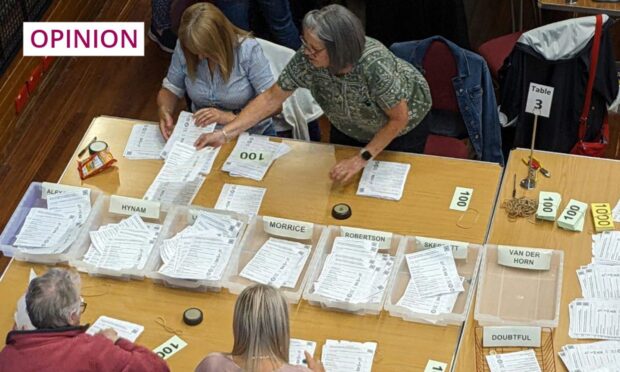
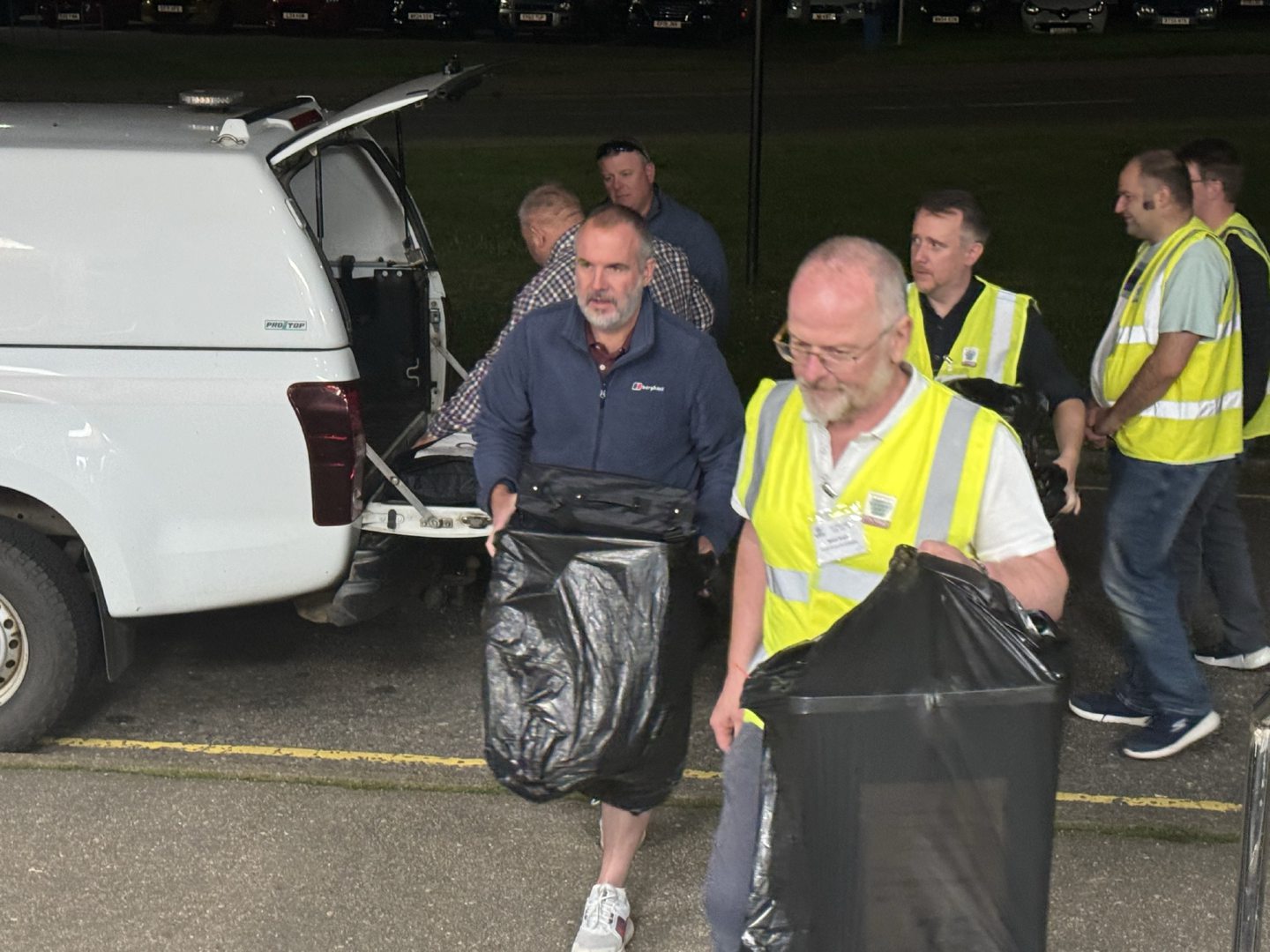
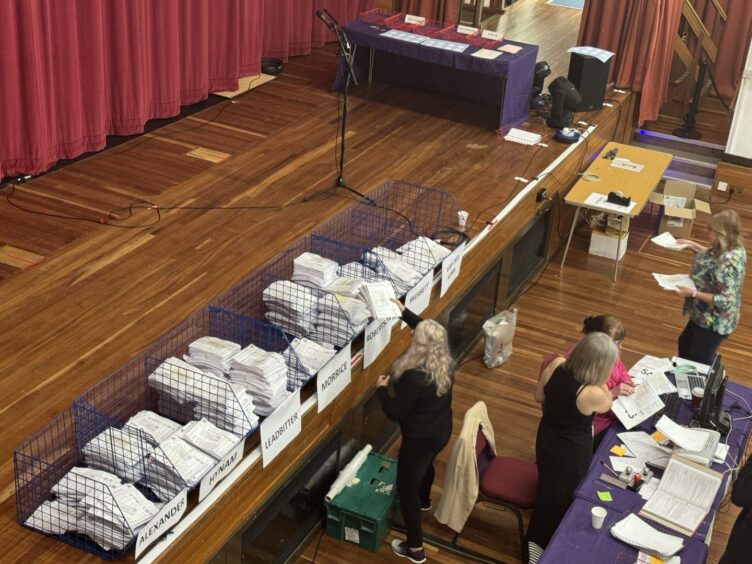
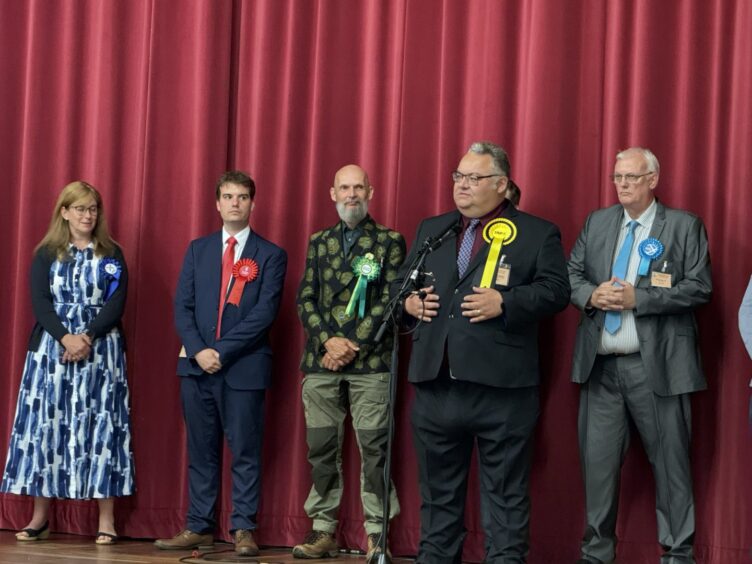
Conversation